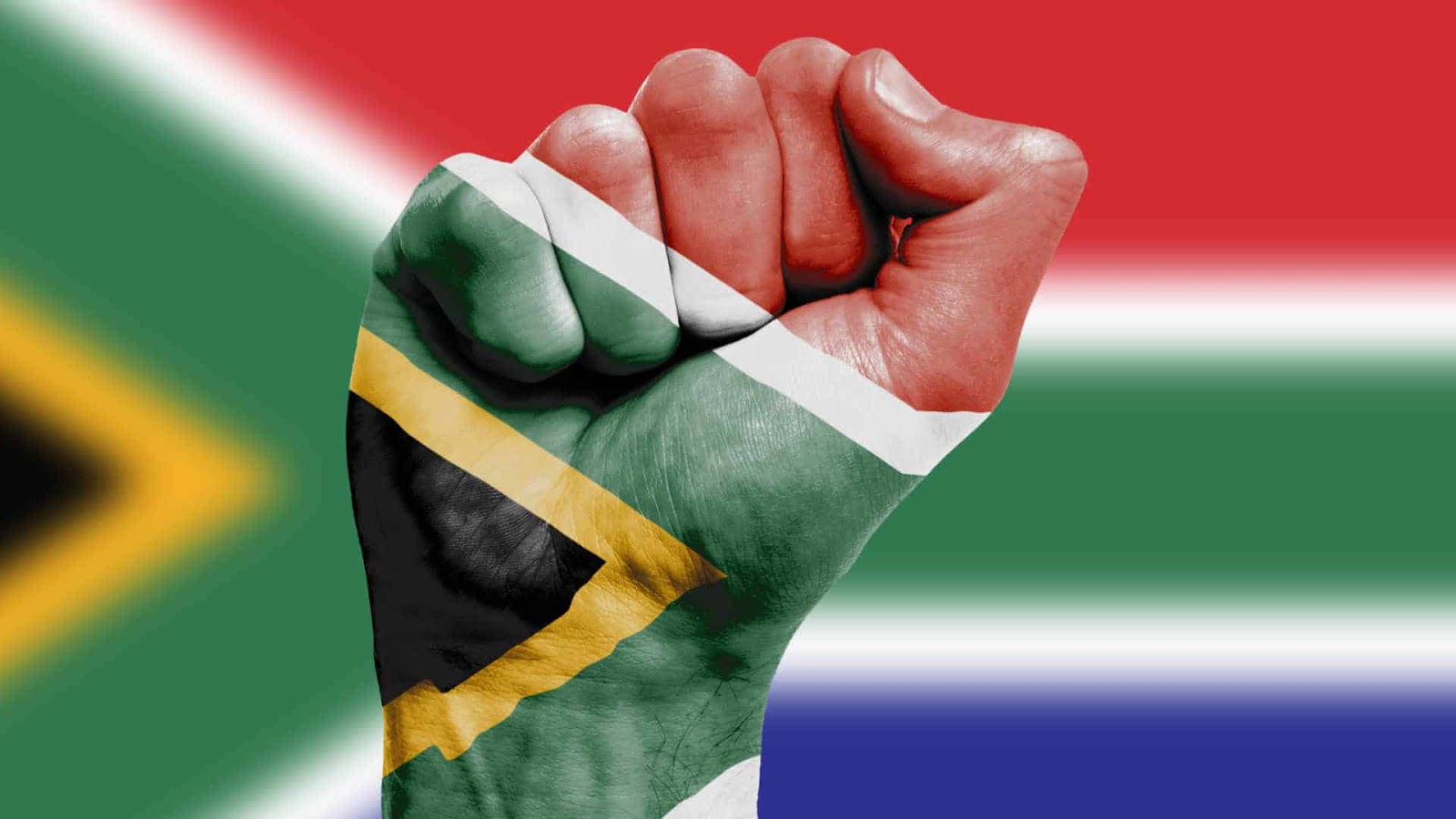The Political and Legal Environment in South Africa
- South Africa has a multi-party parliamentary system, in which executive powers are handed to a state president and a ministerial cabinet. The president is also head of state and the head of government, indirectly elected by the National Assembly for a 5-year term(eligible for a 2nd term).
- South Africa’s political transition is known as one of the most remarkable political feats of the past century. The ruling African National Congress (ANC) had driven the policy agenda since 1994 until August 2016, when the country held the most competitive local government election in which the ANC lost majority support in four of the metropolitan cities. Political parties negotiated coalition deals that have left the ANC unseated in Pretoria and Nelson Mandela Bay.

- Practices mixed legal system of Roman-Dutch civil law, English common law, and customary law.
- South Africa’s political stability index score from 1996-2021 is -0.71 ranking 30th in Africa and 151st globally.
- South Africa has a Corruption Perceptions Index score of 44 (which is clean), ranking 70 out of 180 internationally (2021).
- South Africa’s overall Rule of Law Index score decreased to 0.58, ranked 52 out of 139 globally and number 5 out of 33 African countries (2021).
- South Africa’s Human Freedom Score is 7.3/10 with a global ranking of 77 out of 165 (2022).

- In 2013 South Africa ended many of its Bilateral Investment Treaties, mainly with EU members, to make changes and maintain its right to implement policies.
- In 2015 South Africa signed into law the Protection of Investment Act, which altered the foreign protection investors in S.A. will receive in terms of compensation. This puts foreign investors on the same level in terms of protection as domestic investors.
- South Africans do not have confidence in their government policies as it has led them to slow growth, power shortages, labor unrest, drought, inflation, and political uncertainty that have led to credit rating downgrades.
- Pretoria (administrative capital), the legislative capital is Cape Town, and the judicial capital is Bloemfontein.
- Independence of South Africa: Union of South Africa formed is on 31 May 1910 formed from four British colonies: Cape Colony, Natal, Transvaal, and Orange Free State).
- Status of the Union act on 22 August 1934, and on 31 May 1961 (republic declared), 27 April 1994 (majority rule).
- The South African government established the Industrial Development Zones program to help attract foreign direct investments and exports.

- 46.58% of seats held in the national parliament are women, the 10th highest globally and the 2nd highest in Africa (2021).
- Its Regulatory Quality Index rating (1996-2021) is -0.07 points, ranked 37th in Africa and 93rd globally.
- South Africa has a political right index of 2 (strong rights), ranking 50 in Africa and 133 globally (1973-2020).
- Bicameral Parliament consists of National Council of Provinces consists of 90 seats, nine 10-member delegations, each with 6 permanent delegates and 4 special delegates, appointed by each of the 9 provincial legislatures to serve 5-year terms. Note – the Council has special powers to protect regional interests, including safeguarding cultural and linguistic traditions among ethnic minorities.
- National Assembly, there are 400 seats, half the are members directly elected in multi-seat constituencies and half in a single nationwide constituency, both by proportional representation popular vote; members serve 5-year terms.


